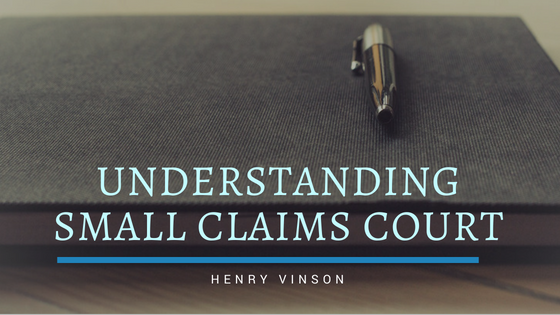Small claims court is a special division court that is used to settle disputes quickly, inexpensively, and without the need for a lawyer. In most jurisdictions, small claims courts restrict their dockets to only include claims of less than $10,000. Additionally, claims can only be made for money. This means that the judge can only make a monetary judgement, and . There cannot be other orders such as “returning” something or forcing someone to do something.
The parties who are suing or being sued will represent themselves in court. This type of hearing is referred to as a pro se or “in proper person.” Attorneys are allowed in a small claims court proceeding. However, if a person wins, they cannot collect court fees. So if you decide to hire an attorney, you will have to pay out of pocket for fees. This rarely happens because small claims courts are comparably informal and more laid back than larger-scale criminal or civil courts.
The first point to remember when submitting a small claims case is that these smaller-scale courts have different rules and procedures than regular courts. If you need information about how small claims courts work in your jurisdiction, you should use the Internet or contact local courthouses.
All this said, there are a number of points that you should consider before taking the steps necessary to sue someone in small claims court. While this type of court may be advantageous in some ways, it is not always the best solution to solve your problem. You will need to a bit of planning and research before you make that move. And by all means, answer the following questions:
Do you have a good case?
Are you willing to invest the time and energy?
Is your claim less than $10,000?
Do you just want money or something else?
Have you attempted to settle the claim?
Has the statute of limitations run out?
Can you find the person or company you wish to sue?
Can you prove your case?
Can you collect if you win your case?
There are some alternatives to small claims court such as a free Neighborhood Justice Center mediation (NJC). Also, you can sign up for small claims court classes to give you a better overview of the process. Lastly, be sure to study the small claims process so you don’t end up wasting your time with a case you cannot win.
